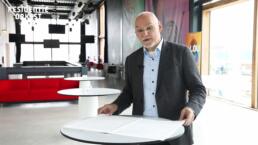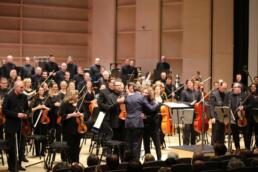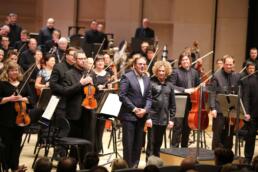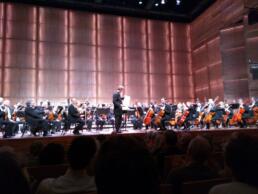Details
Duration:
32'
Instrumentation:
3(picc)3(eh)3(bcl)3(cbn) - 4331 - timp 4perc 2hp - str(14.12.10.8.6)
Commissioned by:
Tampere Philharmonic Orchestra and Residentie Orchestra, with financial support from the Performing Arts Fund NL and Tampere Philharmonic Orchestra
In Theo's Own Words
“2018 marks the ending, one hundred years ago, of the First World War. Today, it is almost impossible to reconstruct the shock of war on such a massive scale. The way that particular war began reveals a disconcerting image of international politics. That image, however, bears some disturbing parallels with current times. After the Great War originated with the idea of a confrontation between the two styles of musical composition prevalent one hundred years ago: the German/Austrian late Romantic style of Richard Strauss and Gustav Mahler on the one hand, and, on the other, the French Impressionism of Claude Debussy, Maurice Ravel and others. Neither style had boundaries that were clearly defined, and there were even some similarities, including a fascination with cultures outside of Europe. After the Great War has a five-part palindrome structure: A B C B A. This structure is underlined by the alternating musical tempos: slow-fast-slow-fast-slow. The total duration of the piece is thirty minutes. The work was commissioned jointly by the Tampere Philharmonic Orchestra and the Residentie Orkest in The Hague.”
– Theo Verbey
In Concert
30 Nov 2018
Tampere Philharmonic, Rouvali/ Abduraimov / Stenhammer,Verbey, Grieg, Scriabin
Tampere, Finland



